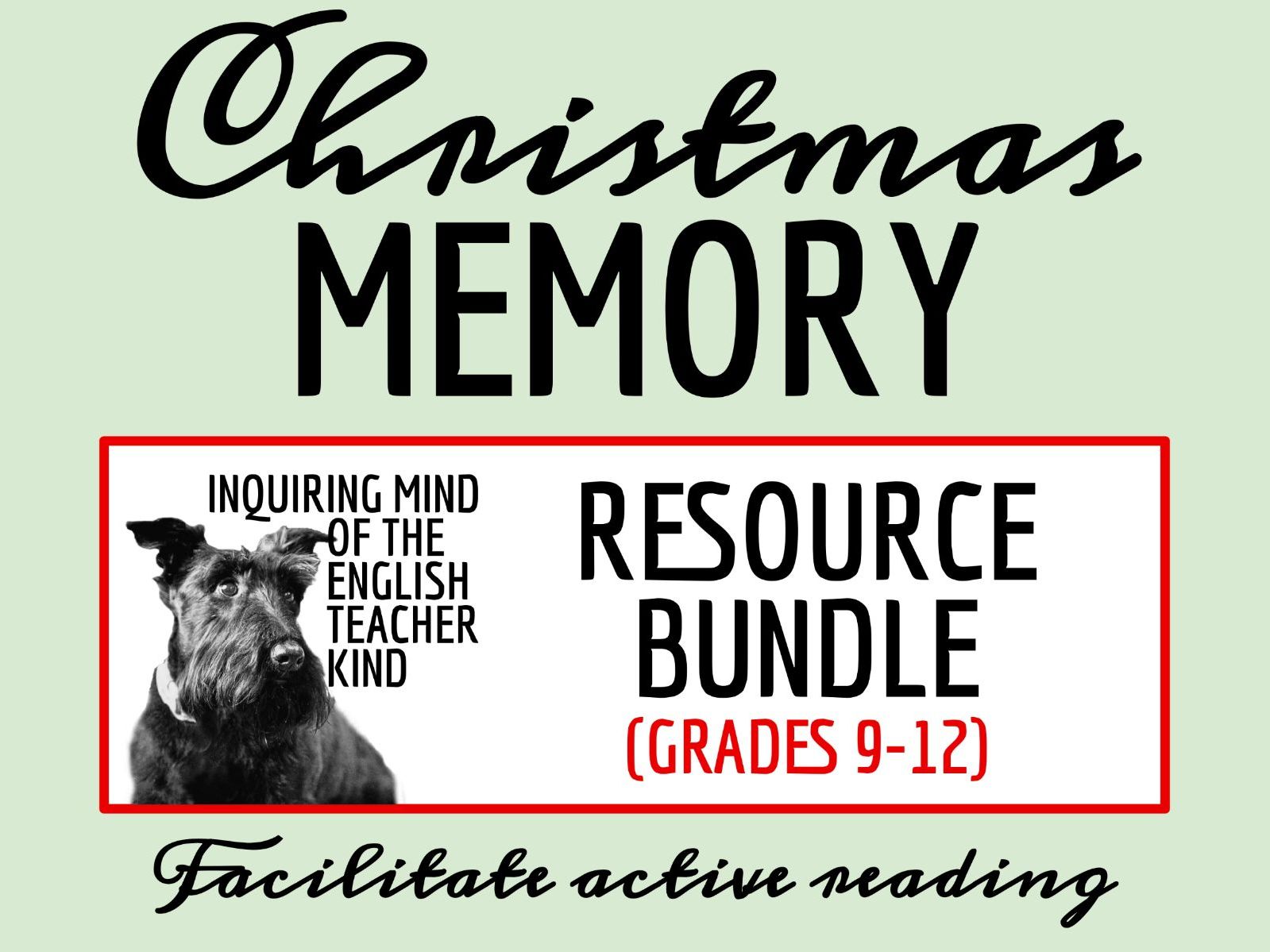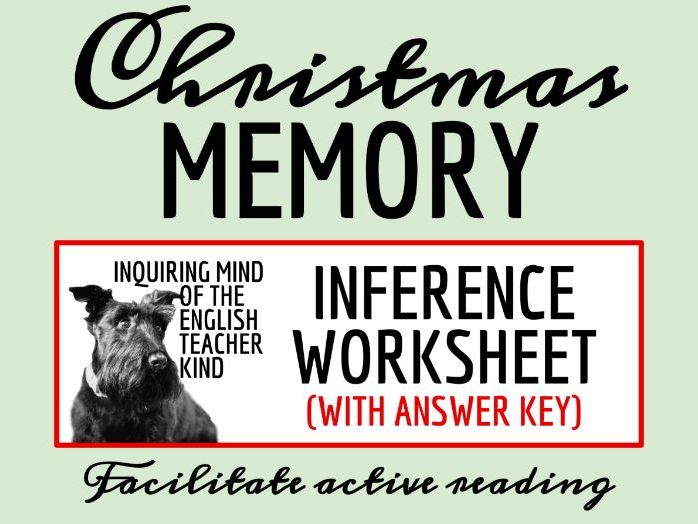Inquiring Mind of the English Teacher Kind
With a decade of teaching experience, I specialize in developing student-centered ELA activities and unit plans that foster creativity and literary analysis. My resources have been tested more than 80,000 times in classrooms worldwide since 2013.







